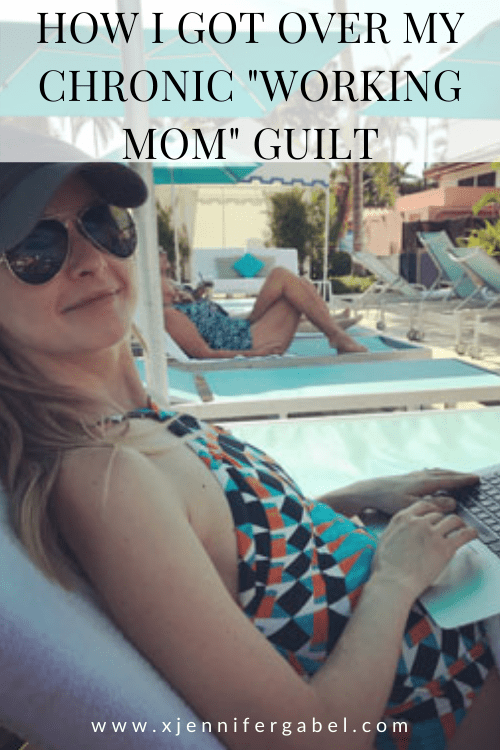Guilt can be healthy in the right context. For example, if a kid steals a candy bar and feels guilty about it, his guilt serves a purpose. The kid doesn’t like how he feels so he doesn’t do it again. Maybe he even returns it or goes back to pay for it if he already ate it. This kind of guilt is healthy because it prompts positive change and growth.
***This post may contain affiliate links. As a Sakara and Amazon affiliate, I earn from qualifying purchases. This is at no cost to you but helps me run my website.***
Unhealthy guilt
Chronic guilt, on the other hand, is an unhealthy waste of time. An example of chronic guilt is where Bertha says she’s going to stop eating cake, eats cake, feels guilty about it, swears off cake again, eats cake again, feels guilty again, and so on. This kind of guilt is unhealthy because it doesn’t prompt positive change. It prompts negative self-image.
So why is Bertha telling herself not to eat cake when she clearly likes cake? It’s because she thinks she shouldn’t.
Shouldn’t. The word should is the most oppressive word in the dictionary. It gives agency to an external person or group rather than our own internal wisdom. It’s thinking we should do what other people will approve of rather than what feels right to us.
Somewhere and at some time, someone sent Bertha the message cake is “bad”. Now when she eats cake, she feels “bad” too.
Let’s get into feeling guilty as a parent, this time using my own example.
My working mom guilt
A quick note: In pre-pandemic times, I would use the term “working outside the home” because all parents work, and also, stay-at-home parents WORK (all caps, all the time). Since most people are currently working outside the home from inside the home, I’m using the term “working” so as not to cause confusion.
When my kids were four months old, I went back to work while they went to daycare. I felt so guilty every time someone asked me if I was still working, who was watching my baby, etc.
Since I used to travel a lot for work, my husband attended a lot more school events and did a lot more of the school runs than I did. The other moms at school would gush over how my husband “does everything”.
While I was out of town, so many people would offer to help my husband while he was home alone with the kids. On the rare occasion he was away, and I was home alone with the kids, crickets. It’s not like I needed or even wanted the help. It was that not offering me help implied I was the one who should be home.
The chronic guilt solution
The real issue here wasn’t what other people thought. The real issue was me internalizing what other people thought. What helped me was this Louise Hay exercise:
Instead of using the word “should”, replace it with “if I really wanted to, I could”.
If Bertha really wanted a life without cake, she could. If I really wanted to stay home with my kids, I could. By changing the words, I put the power back where it belongs: within myself. I choose to work because I love my work. In doing this exercise, I developed the confidence I needed to stand strong in my choice.
Try it for yourself! It works on everything from cake to parent guilt. When YOU really want something, you make it happen.
Now it’s your turn to share. What do you feel chronic guilt about? Does the Louise Hay exercise help you? Comment below!

